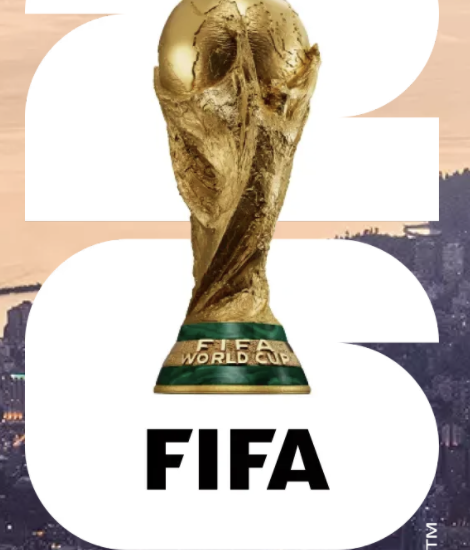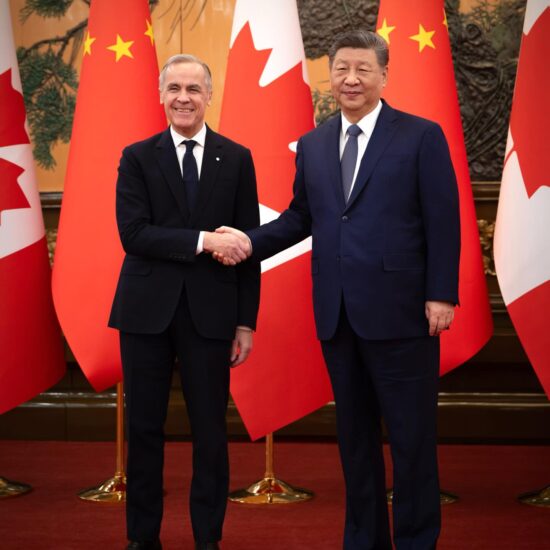
Bob Mackin
The case in favour of Meng Wanzhou’s extradition to the United States is so simple that the Department of Justice’s most senior lawyer said he could have finished his arguments and sat down within the first hour of the Jan. 22 Vancouver hearing.

Robert Frater (Government of Canada)
As it was, Department of Justice chief general counsel Robert Frater kept standing in B.C. Supreme Court and talked for another hour. When he was finished, Assoc. Chief Justice Heather Holmes agreed the afternoon session was not necessary.
“Ours is not a complex theory of this case,” Frater told B.C. Supreme Court. “Lying to a bank in order to get banking services that creates a risk of economic prejudice is fraud. Fraud, not sanctions violations, is at the heart of this case.”
Lawyers for Meng, the chief financial officer of Huawei Technologies, are contesting the application to send Meng to New York for a trial. They told Holmes that because Canada discontinued sanctions against Iran in 2016, the U.S. fraud charges should not apply. Meng is accused of fraud for misleading HSBC in 2013 to think that Huawei subsidiary SkyCom was a separate company, so that Huawei could do business with Iran. She is living in her Vancouver mansion on $10 million bail and curfew conditions.
Frater said the extradition hearing requires that the court consider whether there is some evidence on all the elements of the offence. He said there is plenty.
“There was a misrepresentation about the relationship between Huawei and SkyCom,” Frater said. “Can there be any doubt about the [knowledge] of the misrepresentation?
“The meeting between Ms. Meng and the HSBC official was arranged to quell fears about the Huawei/SkyCom relationship after the Reuters news articles occurred. A deliberate misrepresentation on any understanding of the facts.”

Meng Wanzhou in Stanley Park (B.C. Supreme Court exhibits)
That meeting, on Aug. 22, 2013 in a Hong Kong restaurant, occurred the same day HSBC agreed to finance Huawei to the tune of $150 million.
While Meng’s lawyers earlier argued that HSBC suffered no risk or loss, Frater emphasized their failure to mention the risk to HSBC’s reputation.
“HSBC concerns were not just regulatory concerns,” he said. “The bank was also concerned with reputational risk, if you are the banker of choice for an Iranian business. HSBC was already under a deferred prosecution agreement for dealing with Libya, Sudan and Burma.”
Frater said the risk to reputation from fraud is enough to satisfy the elements of the offence and pave the way for Meng to be extradited. Frater said HSBC could not make an accurate assessment of its financial risk, because of Meng. Every business, he said, has to be concerned about its reputation.
“That is enough on preliminary inquiry. They’ve ignored that,” he said. “You have to be in a position to know who you are dealing with because you’re already behind the 8-ball, reputation-wise, from having entered into that deferred prosecution agreement.”
The hearing will resume on Jan. 23 at 10 a.m. Holmes is expected to reserve her decision.
Support theBreaker.news for as low as $2 a month on Patreon. Find out how. Click here.











